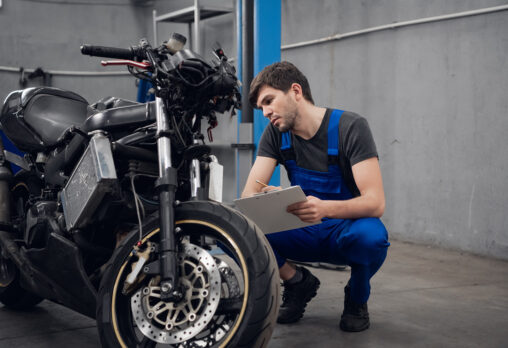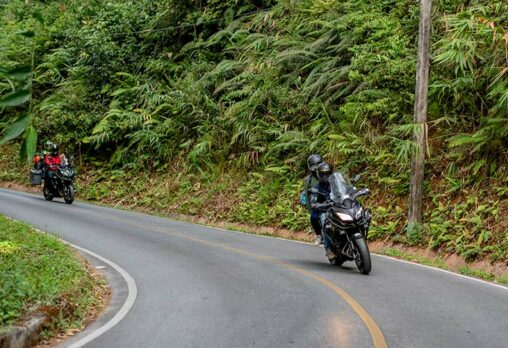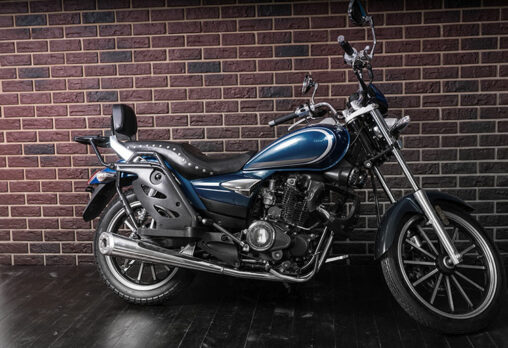Riding a bike with a faulty tyre is a bad idea; it’s that simple. You are putting your life and the lives of others on the road at risk. This is the primary reason why it is vital to understand the status of your bike’s tyres to ensure they are safe.
So, how long do motorcycle tyres last? While many factors will affect your tyres’ lifespan, such as how much riding you do, your riding style and the terrain, an estimated lifespan of 6000km for front tyres and 2900km for rear tyres should be kept in mind. This would typically apply to sports bikes with a spirited riding characteristic. The usable life, however, can be far greater on a scooter or lighter motorcycle ridden conservatively.
Use this as a rough rule to know when it may be time to change your tyres and keep reading to learn some tips to ensure the ultimate care of your bike tyres for longevity and protection on the road.













